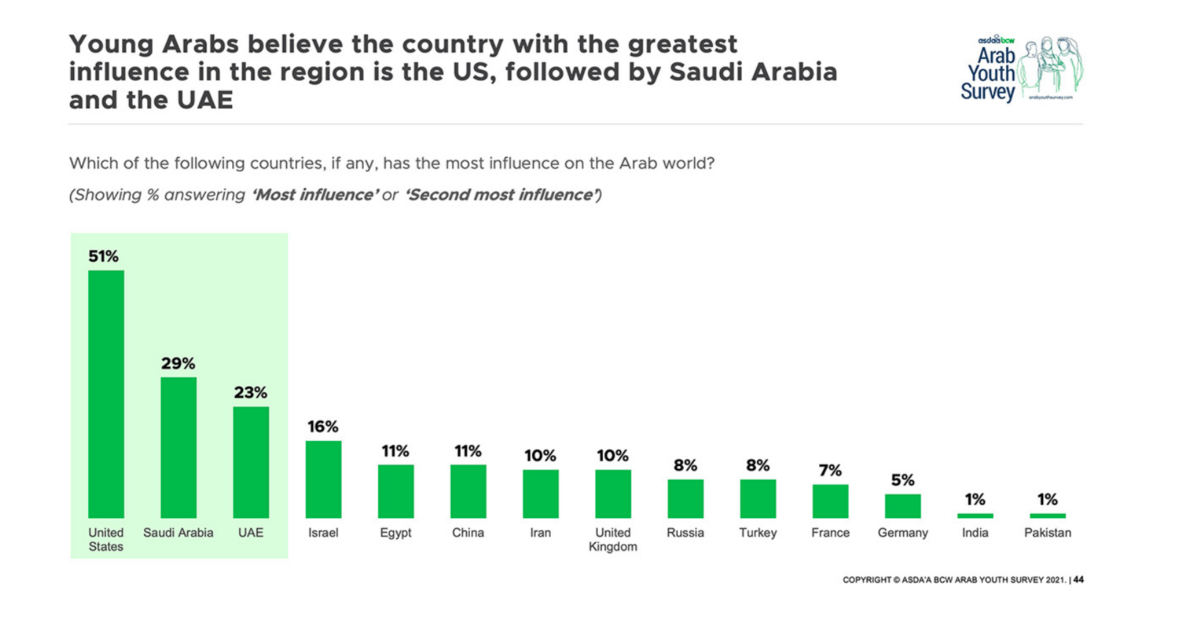One of the largest deals in video game history will align a mobile-gaming firm with a PC- and console-focused developer under the same leadership

Liz Hafalia/The San Francisco Chronicle via Getty Images and Stuart C. Wilson/Getty Images
Marc Pincus and Strauss Zelnick
Video game company Take-Two Interactive has reached a $12.7 billion deal to acquire rival company Zynga, catapulting the “Grand Theft Auto” creator into one of the industry’s most formidable game publishers.
The deal, one of the largest in video game history, was announced on Monday by Take-Two CEO Strauss Zelnick and Zynga CEO Frank Gibeau. Expected to be finalized later this year, the merger will unite Take-Two, which specializes in PC and console gaming, with Zynga, a free-to-play mobile-game behemoth.
The two executives, which described the purchase as a “hand-in-glove fit” in a Monday morning conference call, anticipate the merger will result in an annual cost savings of $100 million and an additional $500 million from improved collaboration between the two firms.
Under the terms of the deal, Take-Two will buy all outstanding shares of Zynga’s stock for $9.86 a share, a 64% premium on the company’s share price as of Friday afternoon. The acquisition will be paid in both cash and Take-Two’s stock, granting Zynga’s shareholders one-third ownership of Take-Two.
Zynga was founded by Mark Pincus in 2007 when it piloted an online poker game played on Facebook. Since then, Zynga has grown into a large company with $2.3 billion in sales in FY2020.
In a Medium post discussing the deal, Pincus described the “bittersweet moment” and thanked his colleagues over the years for his business’s success. “We’re seeing games expand in every direction from hyper casual to entire persistent worlds,” wrote Pincus. “I believe the company will have the franchises and scale to lead in every category.”
The different specializations of the two firms will complement each other as they now work together. Take-Two, which boasts hits including “Grand Theft Auto,” “NBA2K” and “Borderlands” produces games designed for PCs and consoles, but does not have free mobile versions. Zynga’s business model, which offers free mobile entertainment with in-app premium purchase options, has pioneered successes including “FarmVille” and “Words With Friends.”
With mobile gaming ascendant, Take-Two will benefit from Zynga’s mobile development team, which is expected to develop mobile options for Take-Two’s offerings. Under the planned acquisition, more than half of Take-Two’s projected bookings in Fiscal Year 2023 will come from mobile, diversifying Take-Two’s offerings and making it competitive with other developers as mobile gaming gains traction.
Zelnick called rolling out mobile options for Take-Two games a “high-priority initiative,” saying, “We see tremendous untapped potential to bring Take-Two’s renowned console and PC properties to mobile.”
Take-Two will also benefit from Zynga’s in-house advertising team, removing the added costs of outsourcing advertising operations.
The deal comes after the gaming industry enjoyed a boom during the pandemic, as social distancing interventions and lockdown restrictions pushed consumers to spend more time gaming, a trend that translated to large share price increases for both Take-Two and Zynga over the past two years. Yet Zynga’s stock tumbled last summer amidst societal reopening following COVID-19 shutdowns and after Apple instituted privacy reforms restricting how advertisers can track consumers on its devices, which made gaming less profitable.
Zynga has consistently maintained that its stock downturn from reopenings and Apple’s new privacy policy are transitory, and has remained optimistic about a stock rebound. On the Monday call, Zynga’s Gibeau said that these factors will not contribute to long-term drags on gaming, and explained that Zynga accepted a deal despite a feeling that its stock is undervalued because of the growth opportunities afforded in the new partnership.
“We saw incredible strengths available to us with regards to scale, data, audience expansion into new categories and product capabilities that would help us aggressively pursue cross platform. So from our perspective, we would be able to grow faster together. And the deal that was constructed in the framework with a 64% premium really put us into a position where we felt that this was the right course of action for our shareholders,” explained Gibeau.
The mammoth merger was evaluated by a strategic committee of independent directors from Zynga’s board and decided with unanimous approval from Zynga’s board of directors. Combined, the two companies reach over one billion users and employ 8,000 developers.
Zelnick will continue serving as Take-Two’s CEO, with the rest of Take-Two’s management remaining intact, while Zynga’s leadership team will assume responsibility for Take-Two’s mobile operations. Take-Two will also expand its board to accept two new directors from Zynga’s board.























